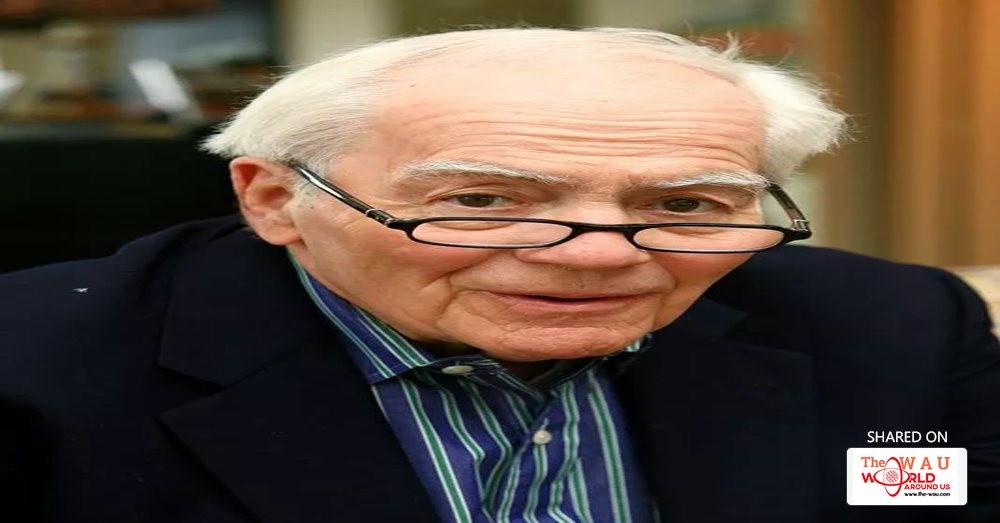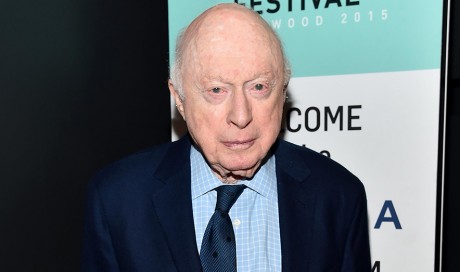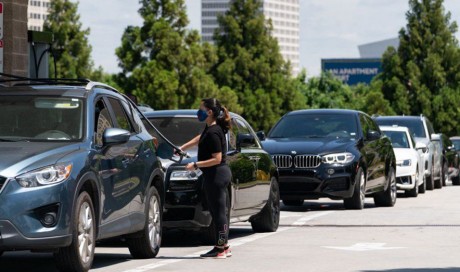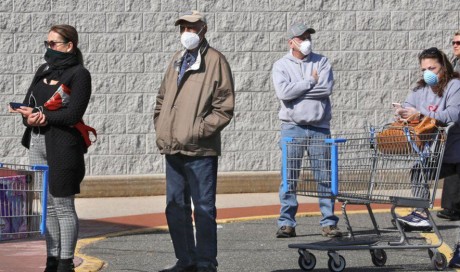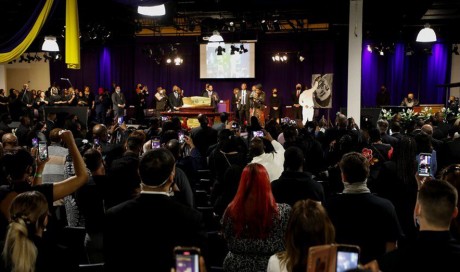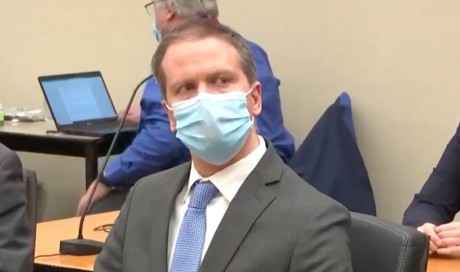Pulitzer Prize-winning newsman Jimmy Breslin, a self-described "street reporter" who chronicled New York City for more than 60 years in newspaper stories and columns and won acclaim for his coverage of the "Son of Sam" serial killings, died on Sunday USA TODAY
Jimmy Breslin, the iconic and Pulitzer Prize-winning columnist who mesmerized New Yorkers with simple but stirring prose for almost a half-century, died Sunday at his Manhattan home.
Breslin, 88, had been ill with pneumonia but appeared to be improving Saturday, stepdaughter Emily Eldridge told USA TODAY.
"It's the end of an era," Eldridge said. "He was a force of nature. He was complicated, but he had a great life and a lot of fun."
Breslin was working for the city's tabloid Daily News when he won a Pulitzer in 1986 for commentary.
"As a columnist, he found human angles that went straight to the heart of the story," the Pulitzer committee said.
He also authored several books. Breslin chronicled the lovable, laughable and genuinely awful New York Mets of 1962 in his book Can't Anybody Here Play this Game? The Improbable Saga of the New York Mets' First Year. His first novel, The Gang That Couldn’t Shoot Straight, was a humor-filled account of a Brooklyn mob published in 1969 that became a major motion picture and helped thrust Robert De Niro into stardom.
Medical problems in the 1990s led to his 1996 memoir, I Want to Thank My Brain for Remembering Me.
"The sidewalks of NY have lost a great one, Jimmy Breslin. Long before 9/11, Jimmy was showing how great average New Yorkers are," Sen. Charles Schumer, D-N.Y., tweeted.
Breslin was born in Queens and attended Long Island University but did not graduate. He began his journalism career in the 1950s but didn't spare his profession from the biting commentary that often graced his columns.
"Media — the plural of mediocrity," was among his sayings. Another: "Newspapers are so boring. How can you read a newspaper that starts with a 51-word lead sentence?"
Breslin told stories from the perspective of the common man. When President John Kennedy was killed in 1963, Breslin wrote about gravedigger Clifton Pollard, who was called in on a Sunday to bury Kennedy at Arlington National Cemetery.
"One of the last to serve John Fitzgerald Kennedy, who was the thirty-fifth President of this country, was a working man who earns $3.01 an hour and said it was an honor to dig the grave," Breslin wrote.
The "Son of Sam" murders were the focus of New York and much of America in 1977. David Richard Berkowitz, who killed six people and wounded seven others, wrote to Breslin. "J.B., I’m just dropping you a line to let you know that I appreciate your interest in those recent and horrendous .44 killings. I also want to tell you that I read your column daily and find it quite informative," the letter said in part.
The Daily News published the letter, along with a Breslin column urging "Sam" to turn himself in. Berkowitz didn't but was nabbed by police on Aug. 10, 1977.
“He’s the only killer I ever knew who knew how to use a semicolon," Breslin quipped.
The Pulitzer win pleased Breslin. But it didn't change his shoe-leather-driven work ethic. On the night of Dec. 5, 1986, New York City police cornered shooting suspect Larry Davis in a high-rise public housing project in the Bronx, then and now one of New York City's poorest areas.
The cops wanted Davis. He'd shot and wounded six of their fellow officers in a gunbattle weeks earlier. Breslin wanted the story. He showed up around dawn, near the wrap-up of a night-long siege.
After the cops paraded Davis out, Breslin and other reporters went in — only to find that mechanical malfunctions forced all to trudge up multiple flights of stairs before taking elevators to the upper floors.
Breslin quickly located an apartment cops had used during the siege. Inviting himself in, Breslin asked the apartment's residents for the details. And coffee.
"I don't know any other columnists and I don't know what they do," Breslin once said. "And nobody does what I do, anyway."
Share This Post

